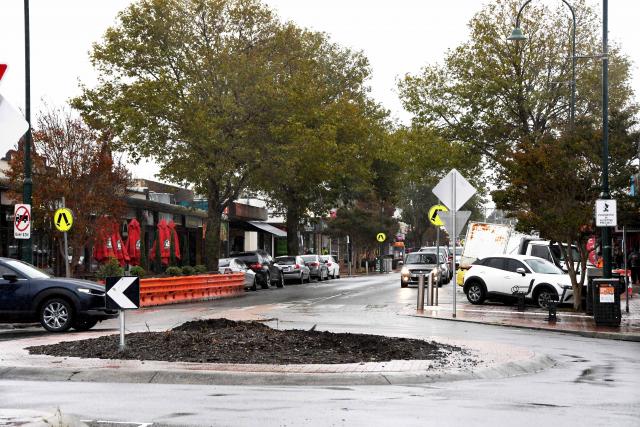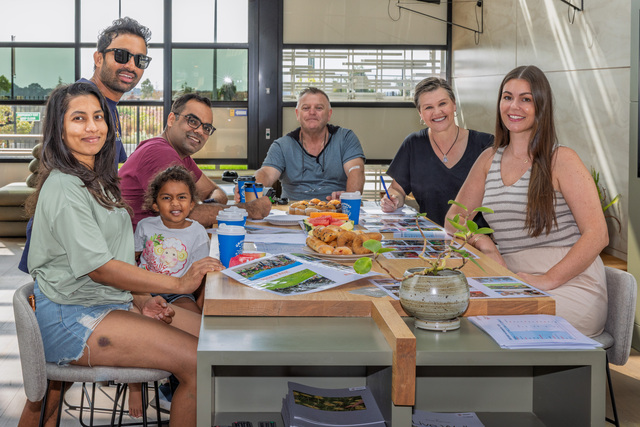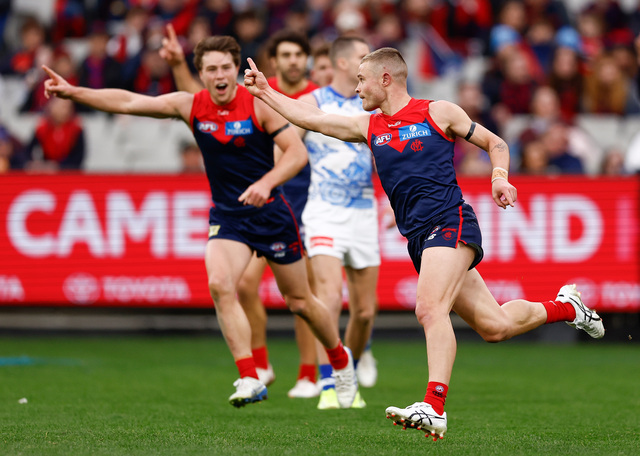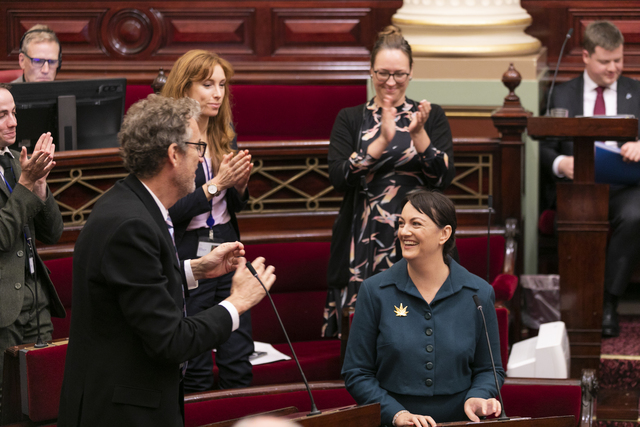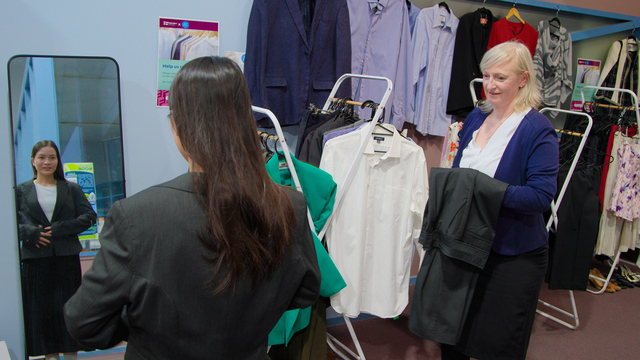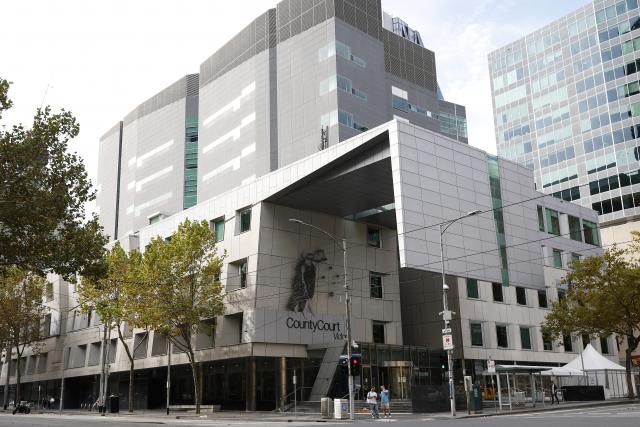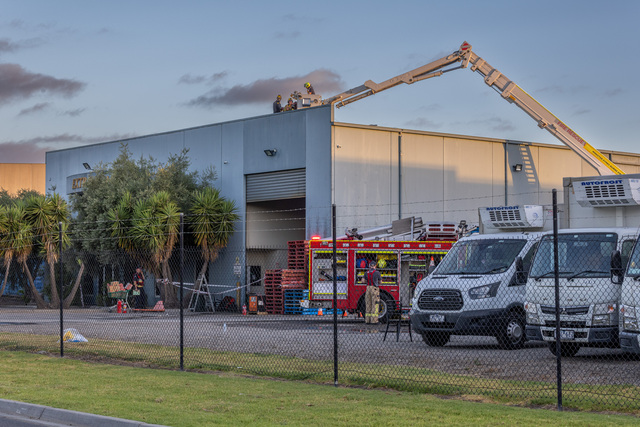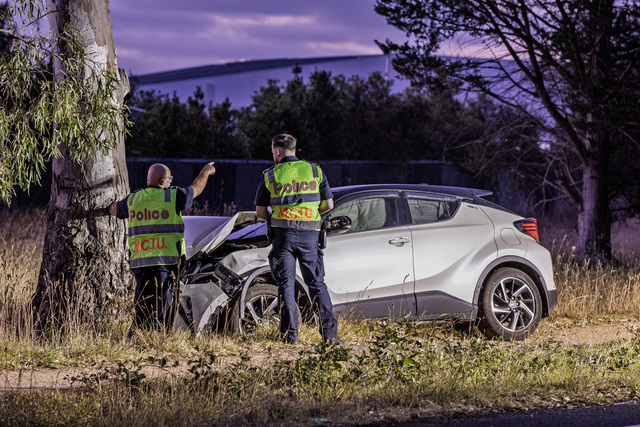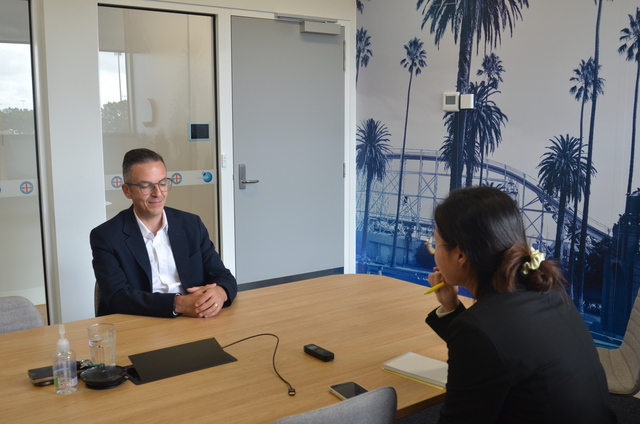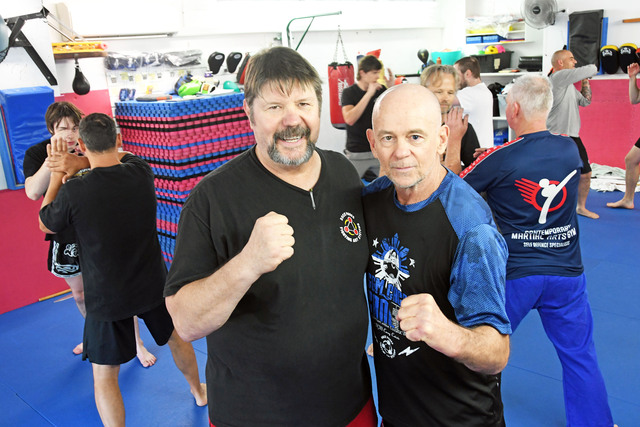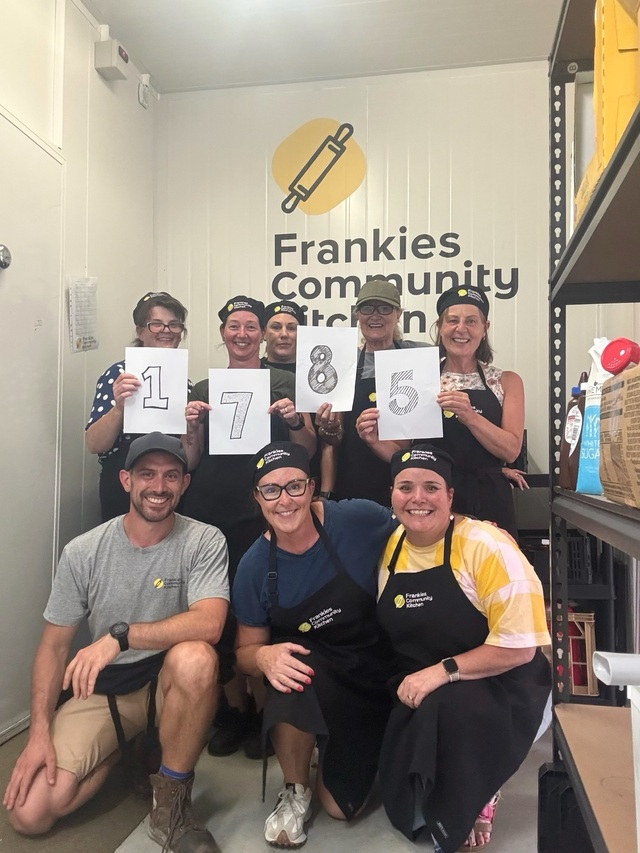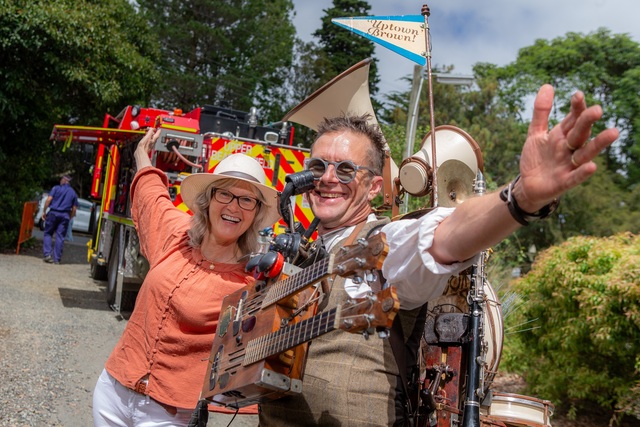The revitalisation of Main Street will continue to be a crucial project in the next council term and some candidates vying for the centre of Pakenham are split on the hot-button issue.
Most candidates agree it must go forward as is while one declared that the project ‘lacks vision’.
Stage 1 of the Pakenham Revitalisation Project was set to start in September right before the council election, but the jewel on the crown of the 2020-2024 term was snatched away after the council could not secure a tender within budget.
Nonetheless, the council is still eager to revamp the centre of town including incumbent Henty Ward councillor Carol Ryan who is seeking her third term this election.
“Main Street is in need of a facelift, as it hasn’t had an upgrade since about over 31 years ago, so I think it’s well overdue,” Ryan said.
Fellow candidates Liz Roberts and Cecilia Mphande also believe that residents in general agree that Main Street needs a revamp.
But Shoheli Sunjida said the current plan is a ‘joke’ and that it falls short of a true change that would benefit Pakenham.
“The current Pakenham Revitalisation Project lacks vision. What is being proposed is far from innovative—it’s a joke. It won’t benefit the community and is simply a waste of ratepayers’ and taxpayers’ money,” Sunjida said.
“We need to be thinking about the next 100 years, not just patching up today’s issues. After speaking with local business owners and community members, the consensus is clear: we need to transform Main Street and the surrounding area into a vibrant destination, something akin to Fountain Gate and Casey Ark.”
The Pakenham Revitalisation Project includes 12 stages, with Main Street being stage 1, that aims to develop the overall town centre.
The remaining 11 stages do not yet have a detailed design or funding, the council does promise that these will all be delivered in the ‘next ten years’.
“Why can’t we aim higher and create more local jobs to help our youth enter the workforce?” Sunjida said.
“With more entertainment facilities, a 50-metre pool, hydro pool, and perhaps a wave pool, Pakenham could attract not only local residents but people from Warragul, Gippsland, and surrounding suburbs.
“The proposed day surgery hospital feels like an insult. If we need a hospital, let’s build a proper one in the old shire building area and link it to the Main Street shopping area we envision.”
Ryan, Roberts and Mphande all noted that they had heard of, or personally held, concerns about parking, traffic and accessibility.
Mphande said she would form a ‘Main Street Central and Gateway Project Taskforce’ to represent the board range of residents’ interest in the project as well as look into accessibility for those with mobility issues.
Roberts said that ‘not enough is known publicly’ for some of the important questions, but flagged concerns about the construction of the Pakenham Community Hospital without going as far as Sunjida’s opposition to its proposed location.
“Removing parking when the impact on parking supply with the Pakenham Community Hospital build and Pakenham Place re-development, both pending, could be problematic. Again, not enough is known publicly,” Roberts said.
“Similarly, the impacts on traffic behaviour with the alteration to the road layout in the town centre through the re-alignment of John St for the hospital is another potential local change that might have flow-on impacts.”
Ryan raised the amount of drivers going over the 40km/h limit and doing ‘U-turns in Main Street’ combined with residents ‘not using the crossings’ has both pedestrians and drivers ‘at risk’. She hopes the development of John and Main Street roundabouts in the project will ‘make a difference’ to traffic flow.
The current design aims to reduce parking spaces on Main Street by instituting parallel parking and accommodating that with parking spaces around the town centre.
Sunjida disagreed with this plan, saying it would ‘significantly reduce’ parking that would ‘severely impact’ local business and the parking in Pakenham Place is ‘unsuitable’ for senior citizens, people with disabilities and people with prams or shopping trolleys to ‘navigate safely’ to Main Street.
“We live in Melbourne, where the weather is famously unpredictable – sometimes four or five seasons in a single day. So, is it feasible to expect people to park far from their destination and manage these obstacles in such conditions? The answer is clearly no,” Sunjida said.
The small but significant section of business on Main Street emerged as a critical voice on both the project itself and it’s council’s roll-out of it.
Late last year, the council engaged in extensive consultation with traders that proved a rather turbulent affair as they worried about the impact the project’s construction would have on their business as well as the future implications on parking and forms of access through the street.
“Their concerns need to be taken seriously, and the ‘on hold’ decision and uncertainty has had negative impacts for several businesses already,” Roberts said.
“I’ve heard varying views from traders and other stakeholders on their engagement experience. There is always a need to be clear about what is and isn’t negotiable when working through a community consultation process.”
Ryan, who played a heavy role in the community consultation, said there were concerns raised about the process.
“As a councillor you are their representative, it is very important to bring the traders on the journey of this project, by keeping them well informed in reference to construction, but listening and validating their concerns of how it is or will affect their businesses and livelihood,” she said.
Mphande has heard complaints about lack of consultation from residents and said a renewed push for the project would include ‘effective communication’.
“Inform relevant stakeholders, regularly, timely, with updates to engage everyone,” Mphande said.
Sunjida said the consultation ‘failed completely’ where the council just ‘ticked the boxes’ and traders were left ‘dissatisfied’.
“We need genuine consultation, bringing all relevant people into the same room at the same time to discuss concerns and solutions,” Sunjida said.
“This needs to be a collective effort, not a decision made by a handful of councillors and staff.“
Candidate Stephanie Grigg was contacted for comment.

